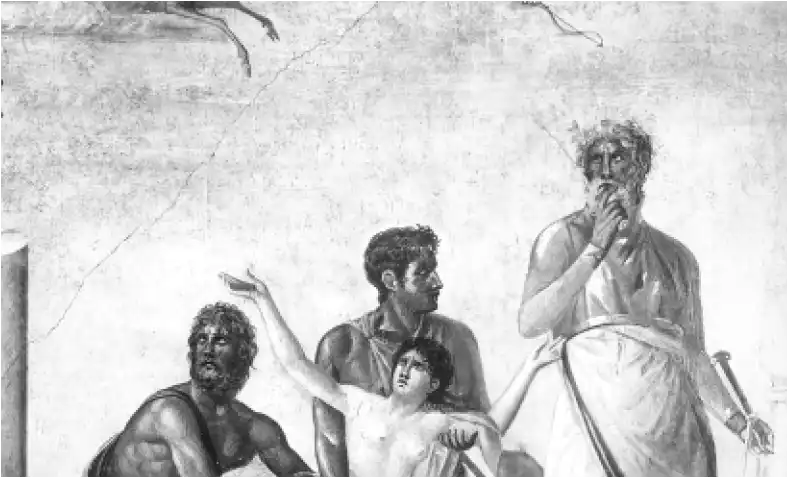The conquests of Alexander the Great did more than just create a massive empire; they initiated a new era in history known as the Hellenistic period. To understand this age, it is essential to see how Macedonians shaped the broader Hellenistic world. As soldiers, administrators, and colonists, Macedonians and other Greeks spread their language and culture across the Middle East and Asia, creating a vibrant and cosmopolitan new civilization that was a fusion of Greek and Eastern traditions.
Table of Contents
🌍 The Macedonian Diaspora
Alexander’s campaigns were followed by a massive wave of migration from the Greek-speaking world. Tens of thousands of Macedonians and Greeks left their homeland to serve as soldiers and administrators in the new successor kingdoms founded by Alexander’s generals, such as the Ptolemaic Kingdom in Egypt and the Seleucid Empire in Asia. These immigrants formed a new ruling class, establishing Greek-style cities, institutions, and cultural practices from the shores of the Mediterranean to the borders of India.
a Common Language and Culture
The most significant and lasting impact of this diaspora was the spread of the Greek language. A simplified, common form of Greek known as Koine Greek became the lingua franca of government, commerce, and culture throughout the Hellenistic world. This shared language facilitated communication and trade across a vast area and was the medium through which Greek philosophy, science, and literature were transmitted to other cultures. It was this Koine Greek in which the New Testament would later be written.
🏛️ The Rise of New Cultural Centers
While Athens remained a respected center of philosophy, the cultural and intellectual heart of the new Hellenistic world shifted to the great new cities founded by Alexander and his successors. The most important of these was Alexandria in Egypt. Under the lavish patronage of the Ptolemaic dynasty, Alexandria became the world’s leading center for science, literature, and learning. Its legendary library and museum attracted scholars from all over the Mediterranean, making it a vibrant hub of intellectual and cultural fusion that defined the spirit of the Hellenistic age.
—
Roisman, Joseph, and Ian Worthington, editors. A Companion to Ancient Macedonia. Wiley-Blackwell, 2010.
More Topics
- How Prehistoric Macedonia Set the Stage for a Kingdom
- How Social Customs Shaped the Macedonian Elite
- How the Macedonian Economy Fueled an Empire
- How the Antigonid Dynasty Ruled Macedonia After Alexander
- What Was Daily Life Like in Byzantium? Health, Disease, and Medicine
- What Role Did Eunuchs Play in the Byzantine Court?
- How the Byzantine Army Defended a Millennium-Long Empire

